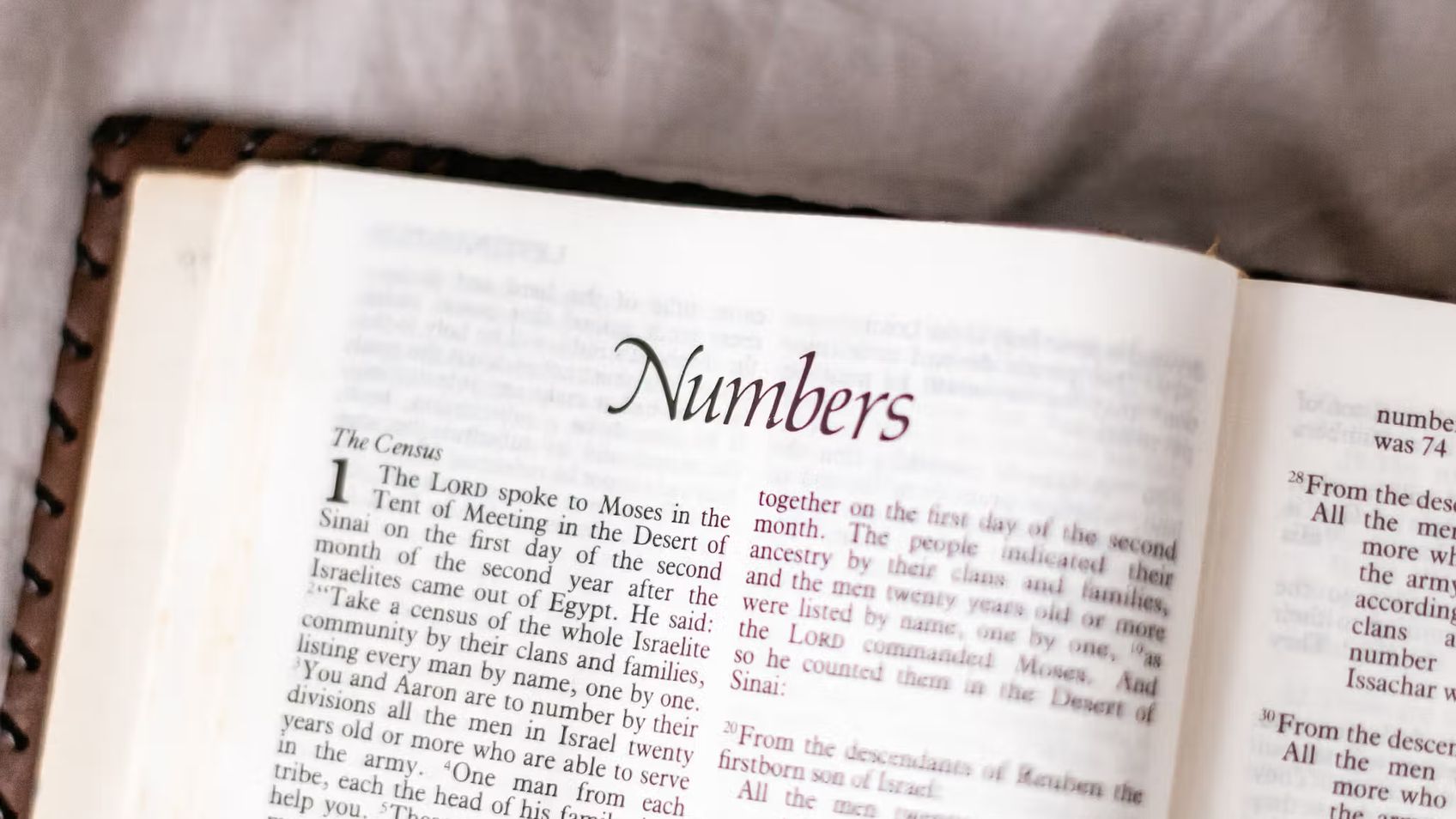Numbers (Introduction)

Steve Gregg provides a comprehensive introduction to the book of Numbers in the Old Testament, highlighting its significance as a pivotal part of the Pentateuch. He discusses how Numbers follows the traditions of Jehovah's Elohim and the priestly tradition, attributing its authorship to Moses. Gregg notes that Numbers is primarily a historical narrative, featuring characters like Balaam and Korah. He explores the challenges of imagining the magnitude of the Israelites' journey through the wilderness and the reasons behind their difficulties in occupying the Promised Land. The speaker also draws connections to the New Testament, showing how the book of Numbers is relevant to understanding Jesus' life and the challenges faced by believers today.
More from Numbers


Series by Steve Gregg










More on OpenTheo















